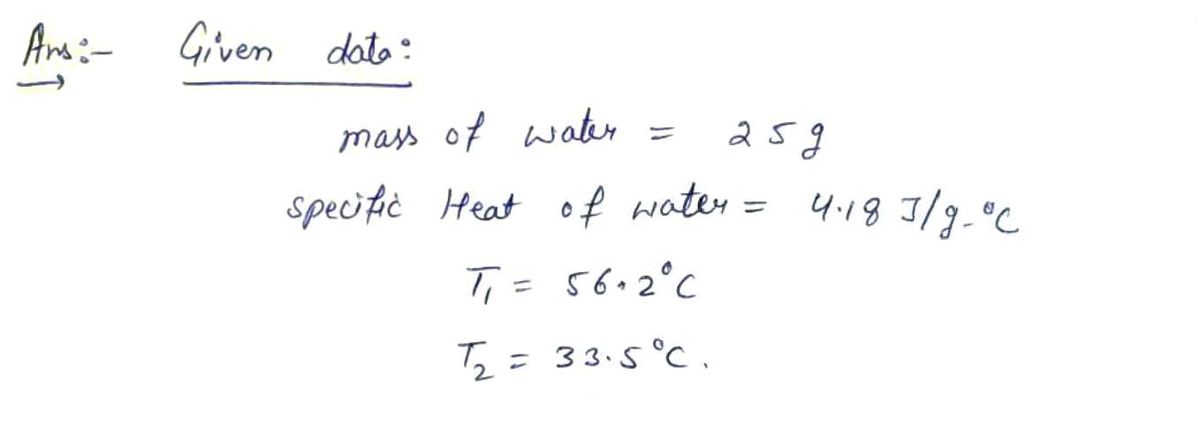Carbohydrates
Carbohydrates are the organic compounds that are obtained in foods and living matters in the shape of sugars, cellulose, and starch. The general formula of carbohydrates is Cn(H2O)2. The ratio of H and O present in carbohydrates is identical to water.
Starch
Starch is a polysaccharide carbohydrate that belongs to the category of polysaccharide carbohydrates.
Mutarotation
The rotation of a particular structure of the chiral compound because of the epimerization is called mutarotation. It is the repercussion of the ring chain tautomerism. In terms of glucose, this can be defined as the modification in the equilibrium of the α- and β- glucose anomers upon its dissolution in the solvent water. This process is usually seen in the chemistry of carbohydrates.
L Sugar
A chemical compound that is represented with a molecular formula C6H12O6 is called L-(-) sugar. At the carbon’s 5th position, the hydroxyl group is placed to the compound’s left and therefore the sugar is represented as L(-)-sugar. It is capable of rotating the polarized light’s plane in the direction anticlockwise. L isomers are one of the 2 isomers formed by the configurational stereochemistry of the carbohydrates.
![### Heating Curve and Calculations for Water
The data provided in the table below is essential for understanding the thermal properties of water (H₂O):
| Property | Value |
|---------------------|-----------------|
| Melting point | 0.0°C |
| Boiling point | 100.0°C |
| Heat of Fusion | 334 J/g |
| Heat of Vaporization| 2260 J/g |
| Specific Heat Capacity (solid)| 2.05 J/g°C |
| Specific Heat Capacity (liquid)| 4.18 J/g°C |
| Specific Heat Capacity (vapor) | 1.90 J/g°C |
#### 1. Heating Curve Sketch for Water
The graph provided below represents the heating curve for water, ranging from -20°C to 125°C. Below are the segments and equations used to calculate heat changes at each phase:
- **Segment A (solid heating):**
\[ q = m \cdot s \cdot \Delta T \]
- From -20°C to 0°C.
- **Segment B (melting):**
\[ q = m \cdot \Delta H_{\text{fus}} \]
- Vertical increase at 0°C.
- **Segment C (liquid heating):**
\[ q = m \cdot s \cdot \Delta T \]
- From 0°C to 100°C.
- **Segment D (vaporization):**
\[ q = m \cdot \Delta H_{\text{vap}} \]
- Vertical increase at 100°C.
- **Segment E (vapor heating):**
\[ q = m \cdot s \cdot \Delta T \]
- From 100°C to 125°C.
### Additional Problems and Solutions
**b. Heat to convert 15.0 g of water at 100.0°C to steam:**
\[
q = m \cdot \Delta H_{\text{vap}} = 15 \, \text{g} \times 2260 \, \frac{\text{J}}{\text{g}} = 33900 \, \text{J}
\]
**c. Heat to convert 15.0 g of ice at 0.0°C to liquid:**
\[
q = m \cdot \](/v2/_next/image?url=https%3A%2F%2Fcontent.bartleby.com%2Fqna-images%2Fquestion%2F277e2bd6-aa16-4b9b-8eff-85b37a6d58e3%2F1db0f8a1-5174-4504-8315-66280d71f7bb%2Fe0mr79_processed.jpeg&w=3840&q=75)

Step by step
Solved in 2 steps with 2 images









